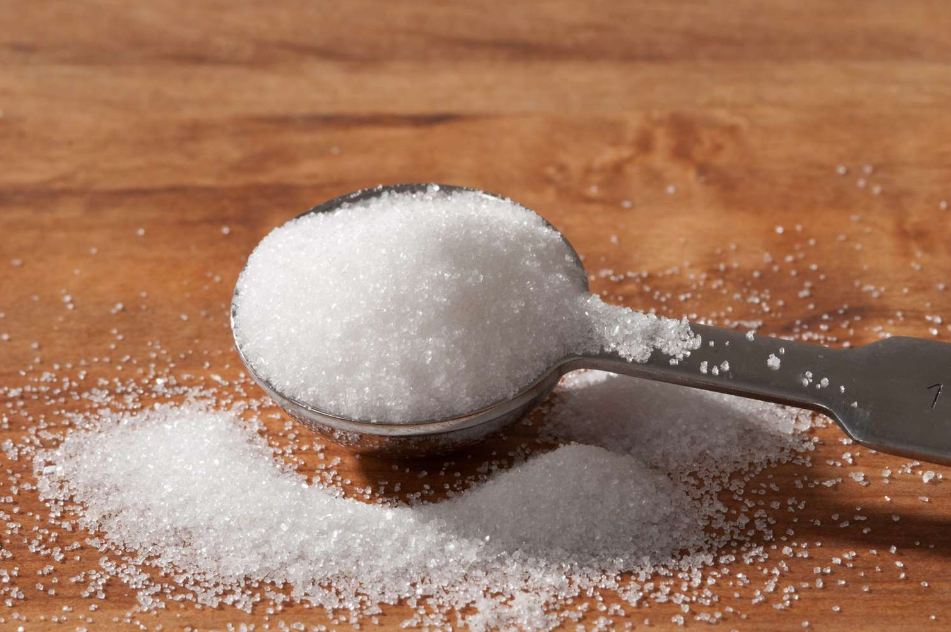Unveiling the Sweet Side of Granulated Sugar
The concept of granulated sugar, a pantry staple in kitchens worldwide, serves as more than just a sweetener. From enhancing the flavor of baked goods to preserving jams and jellies, its versatility knows no bounds.
In this article, we delve into the multifaceted world of granulated sugar, exploring its origins, uses, and impacts on our culinary experiences.
Origins & Production of Granulated Sugar:
Granulated sugar, also known as white sugar, or table sugar, or processed cane sugar, is primarily derived from sugarcane or sugar beets. The process begins with extracting juice from the plants, followed by purification & crystallization to obtain raw sugar.
Further refining through centrifugation & drying yields the familiar granules we use in everyday cooking.
Composition & Properties of Granulated Sugar:
The composition of granulated or processed cane sugar is very simple to understand. It consists of sucrose molecules. These bring the crystalline structure of the sugar and impact its texture & solubility.
Granulated sugar has a hygroscopic nature which influences its ability to retain moisture & prevent clumping. This way, granulated sugar can be used in various recipes that are supposed to remain dry and moisture-free for a longer time instead of normal sugar.
Culinary Applications of Granulated Sugar:
-
Baking Brilliance:
Granulated sugar plays a vital role in baking, providing sweetness, moisture, & texture to cakes, cookies, & pastries.
-
Caramelization Magic:
When heated, granulated sugar caramelizes, it imparts a rich flavor & golden hue to desserts like crème brulee & caramel sauce.
Preservation Power of Granulated Sugar:
In jams, jellies, & fruit preserves, granulated sugar acts as a natural preservative, extending shelf life & enhancing taste.
Health Considerations for Granulated Sugar:
While granulated sugar adds sweetness to dishes, excessive consumption can contribute to health issues like obesity, & diabetes.
Moderation is key, and alternatives like honey, maple syrup, & Stevia offer healthier options for sweetening recipes.
Environmental Impact of Granulated Sugar:
The production of granulated or processed cane sugar can have environmental implications, including deforestation, water usage, & pesticide use in sugarcane cultivation.
Opting for sustainably sourced or organic varieties can mitigate these concerns.
Conclusion
When granulated sugar stands as a cornerstone of culinary artistry, elevating flavors & textures in dishes across the globe. Its journey from field to table underscores the importance of sustainability and mindful consumption.
By understanding its origins, culinary applications, & impact, we can savor the sweetness of granulated sugar while embracing healthier & more eco-conscious choices.





